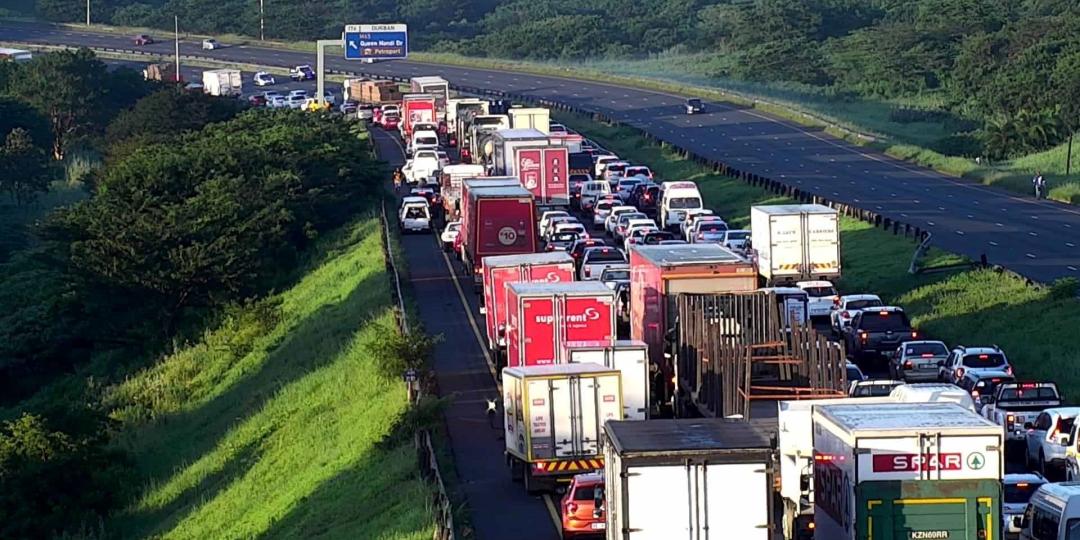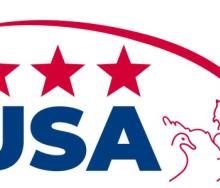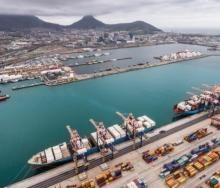KwaZulu-Natal’s provincial road traffic authorities must clamp down on businesses and motorists to ensure the rules of the road are consistently applied.
This was the call from Road Freight Association CEO, Gavin Kelly, following a protest by local communities that blocked the N2 highway between Pongola and Piet Retief this week. The reason for the protest, which contributed to the already massive backlog of coal trucks travelling to Richards Bay, was unclear, although it may have been related to the court appearance of the truck driver behind the deadly N2 Pongola crash that claimed the lives of 20 people in September last year. The truck driver, Sibusiso Siyaya, who allegedly fled from the scene but handed himself over to the police on Saturday, was denied bail in the Pongola Magistrate’s Court on Wednesday. He is facing 20 counts of culpable homicide in connection with the accident that killed 18 schoolchildren and two adults.
Kelly said the protests had followed a meeting between Pongola Mayor, Bheki Thwala, during which the community had demanded close monitoring of trucks to prevent a recurrence of the horror crash.
He said that Thwala had reportedly promised that local authorities would monitor trucks for speeding and roadworthiness, but the checks had eventually stopped.
“The first question that arises is: which authorities is he referring to, if not the local municipal traffic force itself, and the second is why did the authority stop the activity? Additionally, while the authorities were monitoring, was there a change in the behaviour of the targeted road freight operators, and when the authorities withdrew – did behaviour revert to what it was before the authorities were active?”
Kelly said the RFA had repeatedly called on traffic authorities to confront the problem of non-compliant transporters.
“It surely is logical that, given the huge increase in coal transport by road through the area to Richards Bay, the provincial traffic authority would allocate more resources to the routes that are now carrying far more vehicles. Transporters are now faced with situations where routes are barred by communities, who in themselves are acting unlawfully.”
He added that transporters who had played no part in the recent tragedy were being prevented from operating their “legal and safe businesses”.
“Some, even having contributed freely to the communities in their hour of devastation and sorrow, are now tarred with the same brush.
“This is neither fair, nor in any way legal. There are very clear and focused legal requirements and parameters for operating road freight vehicles on public roads. The regulations contained in legislation need to be consistently and firmly applied and monitored, and those operators that ignore these requirements must be dealt with decisively. The law-abiding operators must be allowed to continue their operations without hindrance,” Kelly said.
Thwala had reportedly said the protest was “a move by the community to call all relevant stakeholders” to engage with them.
“Hopefully, this will include the provincial traffic authority which needs to restore the control of road traffic matters back to the mandated authorities and to ensure that non-compliant road users are dealt with - including those who block the free flow of traffic,” Kelly said.













